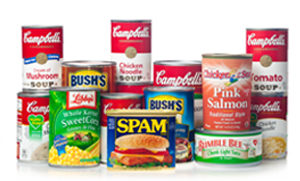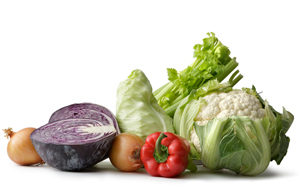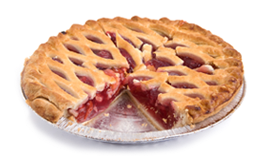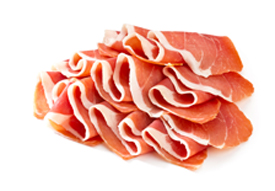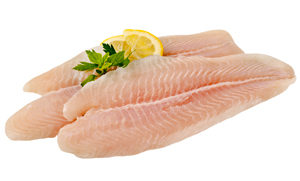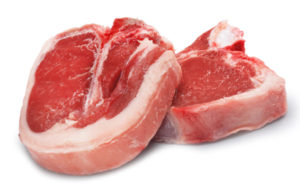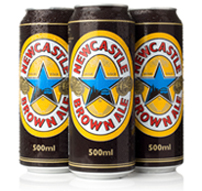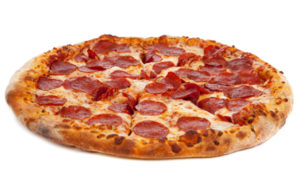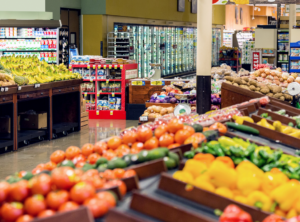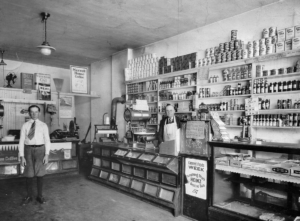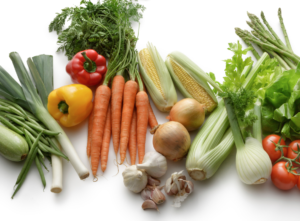Grilling Tips To Make The Most Of The Season
Posted July 5th, 2018 in Community
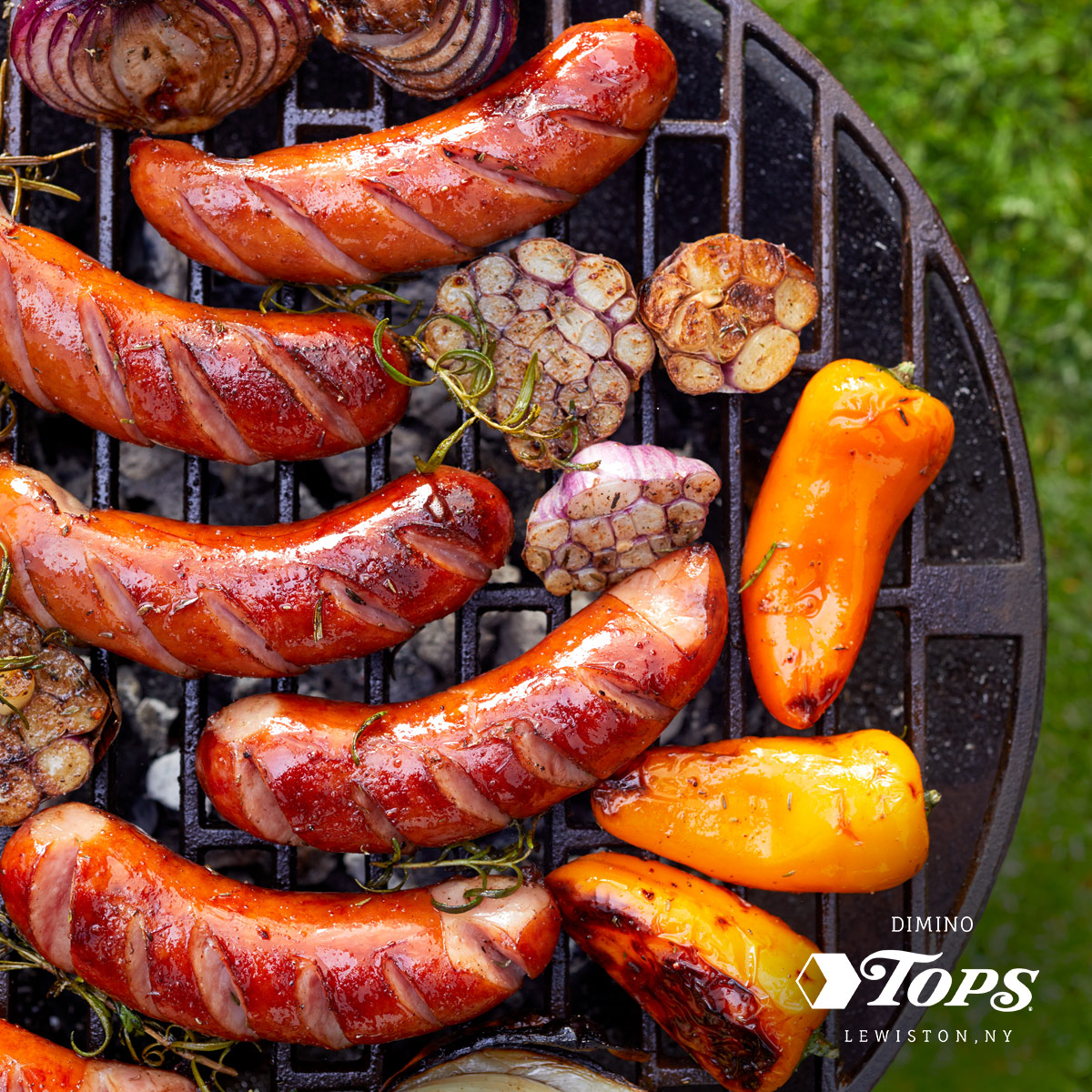
Grilling season is one of the best times of the year! Though it’s a bit short in WNY, that just means we know how to make the most of it. It keeps the heat outside where it belongs, and eliminates many of the labor-intensive dishes that come from stovetop or oven meals. Of course, the reason most of us love to grill is because it’s delicious! Whether you’re new to the grilling scene or you’ve been mastering the flames for decades, it’s always helpful to check out some grilling tips and tricks for making the most out of each mouthwatering grilled meal.
Tip #1: Prep the grilling surface properly
Before putting any food on your grill, there are 2 stops you’ll want to take: brush and oil. Brushing works best when the grill is hot, and it should be done both before and after food is cooked. Oiling can be done one of two ways – with a vegetable oil cooking spray before the grill is hot (it is extremely dangerous to spray a hot grill), or by rubbing it with vegetable oil on a paper towel and tongs after the grill is hot. Now your grill is clean, non-stick and ready for use!
Tip #2: Make sure the grill is the right temperature
We all know it’s important to check the temperature of the meat, but before it even goes onto the grill, you should be confident about the temperature. When it comes to grilling, you can go for high, medium or low. 400-450℉ is high, 300-400℉ is medium, and 250-300℉ is low. If you don’t have a grill thermometer handy, you can test this with your palms! Hold your hands 5 inches above the grill surface. If you have to move your hand after 2 seconds, you’ve got high heat. 5 seconds is medium, and 10 or more is low.
Tip #3: Keep water handy
Grilling is hard work! But more importantly, your food will taste better if it’s hovering over hot flames, not engulfed in them. A squirt bottle of water can quickly tame flames and keep the flames low. Higher fat meats tend to drip and cause more flare-ups, so this is especially important with things like burgers, poultry with skin, and higher-end steaks.
Tip #4: Use a meat thermometer
We understand that using a meat thermometer may feel somehow like “cheating” or suggest that you’re not the grill master you believe yourself to be. But this is nonsense, because a true grillmaster values the perfect temperature. A meat thermometer ensure you get the perfect cook every time. If you have diners with a variety of temperature preferences, your meat thermometer ensures no medium-wells get sent back for being medium-rares. Meat thermometers are inexpensive, and the single best tool for any griller to utilize.
Tip #5: Use tongs, not forks
Stabbing meats to turn them or move them releases the juices and dries it out. Use grill-safe tongs or spatulas to move and flip your meat. Best practice is to use different tools on raw meat than cooked meat to prevent contamination.
Tip #6: Marinade with care
Marinades need a balance of flavors and spices, including both oil and acid. Too much salt can inhibit absorption of other flavors, so be sure your flavors are balanced. Score the meat before marinating to add more flavor, then be sure all sides of the meat are covered and place the meat in the fridge for th duration of the marinating time. Over-marinating doesn’t add anything, so pay attention to the recipe and don’t waste time overdoing it.
Tip #7: Sear without fear
Steaks in particular benefit from searing, to caramelize the outside and add some crunch and flavor. Searing involves grilling over high heat for a few minutes to quickly cook the outside, then moving the meat to a lower heat zone to finish cooking. When searing, a meat thermometer is extra helpful to ensure you don’t mistake seared meat for cooked meat, or overcook as a result of the high-temp searing. As you’ve probably noticed if you’ve ever had a really, really good steak, searing adds an incredible amount of flavor.
Tip #8: Baskets are a vegetable griller’s best friend
Not everything is meant to go right on the grate. Baskets are a great way to manage this. Smaller vegetables, flaky fish, or things like shrimp that are prone to sticking or falling through the grates can be placed into a grilling basket for the same great flame-grilled flavor without the hassle. Skewers are another great tool to combat the falling foods risk – grillers choice!


